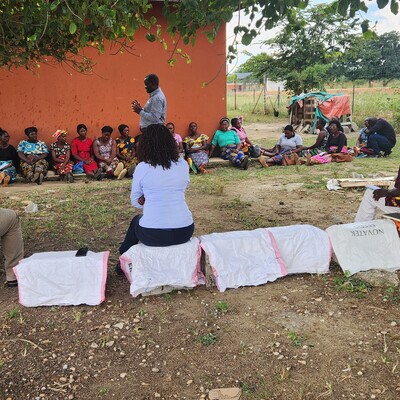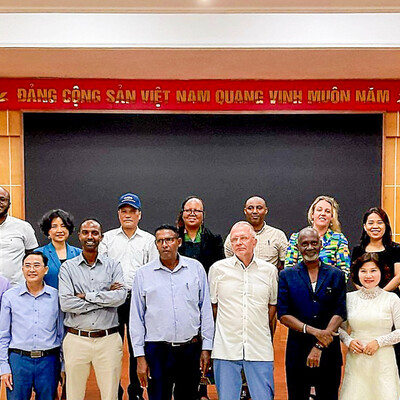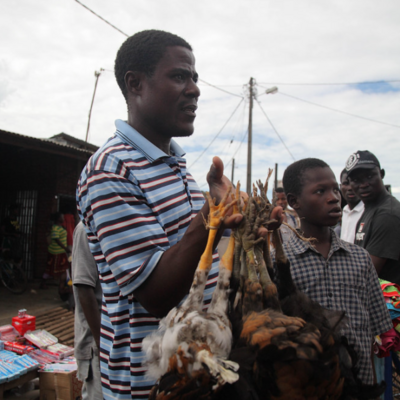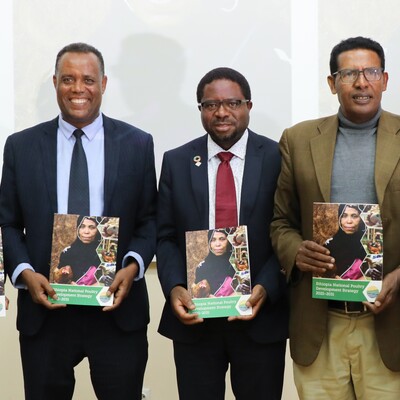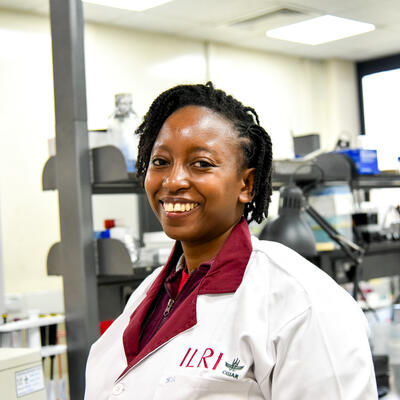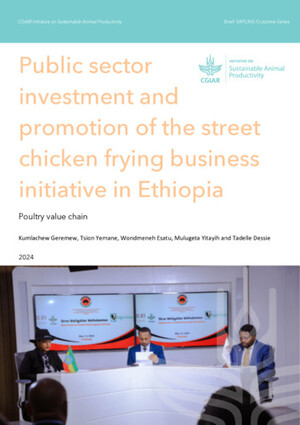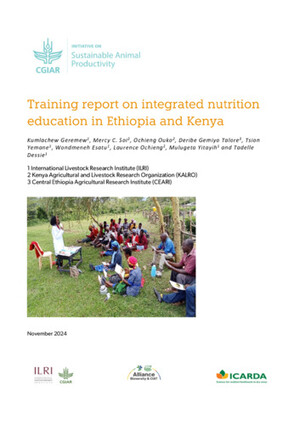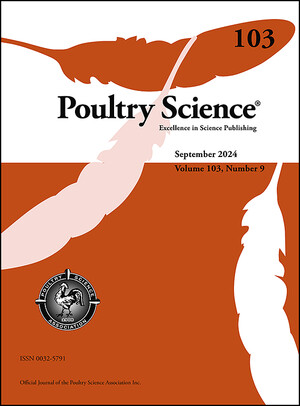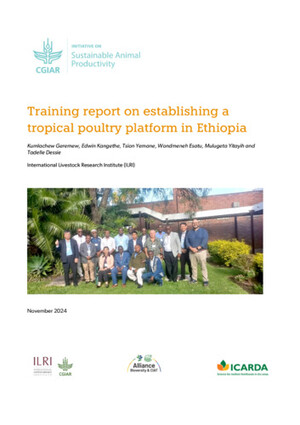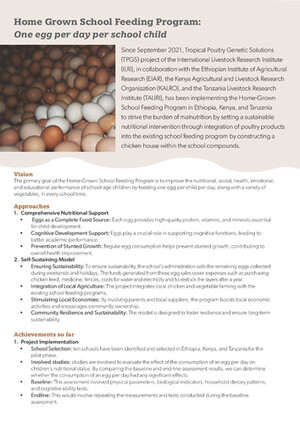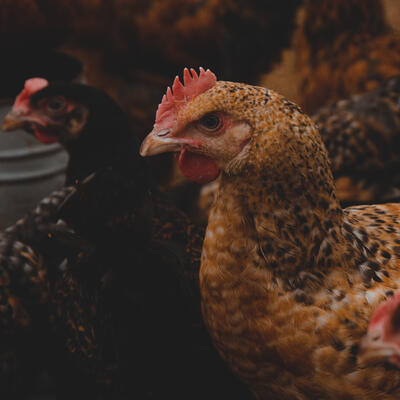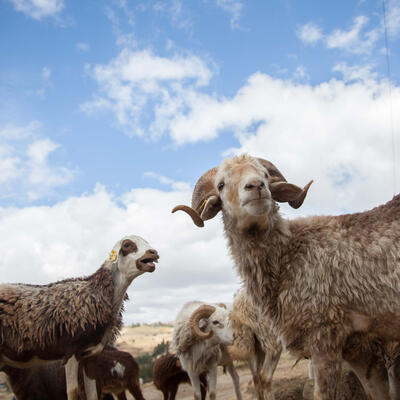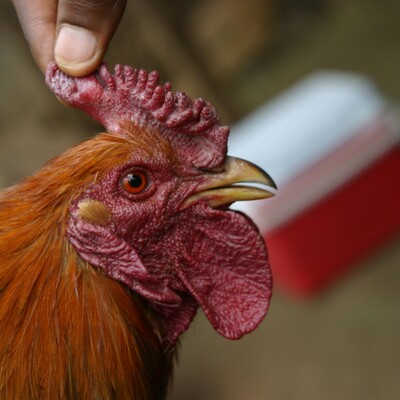
An egg is your best friend: Reflections from Tanzania Poultry Show 2016
The annual Tanzania Poultry Show brings together stakeholders in the country’s poultry industry including poultry associations, feed manufacturers, breeders, and manufactu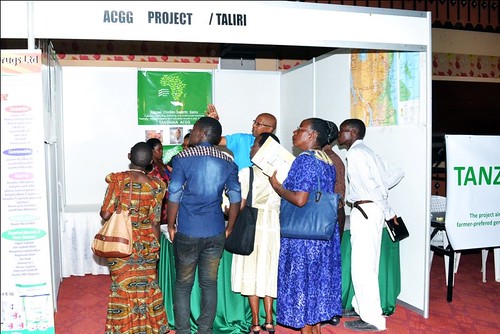 rers of farm inputs, among others. The event also attracts professionals from both the public and private sector.
rers of farm inputs, among others. The event also attracts professionals from both the public and private sector.
In 2016, the show was held 7–8 October in Dar es Salaam with the theme, ‘An egg is your best friend’. It drew exhibitors from Tanzania, Kenya, South Africa and Spain, and about two thousand visitors.
At the expo, the African Chicken Genetic Gains (ACGG) project team, conveners and implementers in Tanzania and the PICO–East Africa team shared a booth with NZUA Poultry Enterprises, a private sector partner, in a bid to solidify the public-private partnership of project in the country. Similarly, Rabika and Msigani Poultry Farms shared another booth, as they are both partnering with the project team to deliver brooding services for chicks in farms.
 Visitors to the ACGG booth learned about the project’s vision, objectives and were given information about the chicken strains currently being tested (Sasso and Kuroiler) in the country. A photo gallery illustrated the whole process from egg importation, hatching, brooding and final delivery to farmer households. The choice and use of innovation platforms to catalyze the emergence of private sector-led and sustainable poultry value chains was also explained.
Visitors to the ACGG booth learned about the project’s vision, objectives and were given information about the chicken strains currently being tested (Sasso and Kuroiler) in the country. A photo gallery illustrated the whole process from egg importation, hatching, brooding and final delivery to farmer households. The choice and use of innovation platforms to catalyze the emergence of private sector-led and sustainable poultry value chains was also explained.
A large number of visitors to the show came to the ACGG booth, eager to know how to get access to tropically-adapted indigenous chickens such as Kuroiler. Many farmers showed interest in being part of the project and in joining innovation platform. One of the highlights of the event was a panel discussion on ‘Use of global chicken genetic resources endangers conservation of local genetic resources’.
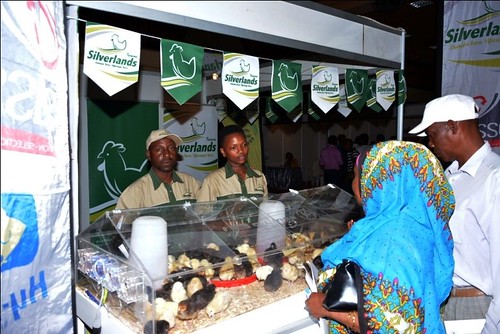 Some important issues came to the fore during at the event:
Some important issues came to the fore during at the event:
- The country’s poultry production has plummeted due to high feed prices owing to the introduction of Value Added Tax (VAT) on feeds by the government of Tanzania. Many poultry producers have failed to cope with this reality and have chosen to stop poultry farming. The other negative effect is that Zanzibar imports a lot of poultry products that eventually end up in the Tanzania mainland affecting the local market. Stakeholders appealed to the government to stop charging VAT on feeds.
- Opportunities for actors in the poultry industry exist in, among other areas, the production of soy, a key protein source for poultry feed manufacturing, because its production is below current needs. The soy currently produced is utilized within a month.
- The government is developing a comprehensive livestock improvement strategy – the livestock master plan that mirrors the Ethiopia livestock master plan. The Tanzania livestock master plan is expected to address many of the challenges that the poultry sector is facing, including problems related to conservation of breeds.
- Participants in the expo were urged to make good use of the experiences and lessons learned at the event to improve or invest in poultry production.





